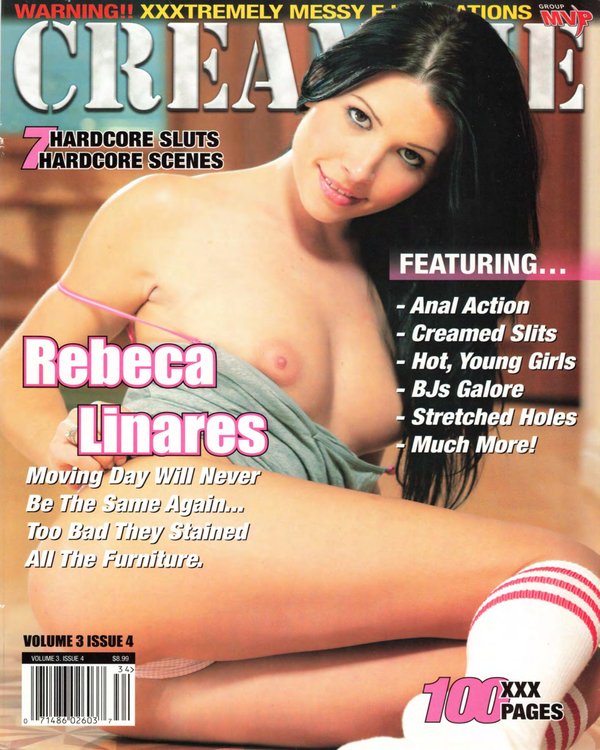Some of the ideas for this story, and certainly the inspiration, were adapted from a Japanese hentai cartoon, Express Train (there are, of course, quite a few bus and train versions of this theme in Japanese idol movies). I placed the story in the fetish section, as its primary theme is frotteurism. However, it does clearly shade into exhibitionism and voyeurism. Most assuredly, everyone in the story is above the age of eighteen. I hope you enjoy reading it as much as I enjoyed writing it!
For reasons that will become apparent, I am unable to provide the actual location or identity of the subway system that is the focus of this story. To do so would ruin and destroy that which this story is attempting to appreciate and support. So, for the sake of privacy, confidentiality, and safety, I will say that the story concerns a subway transportation system of Los Angeles which, of course, is not at all true. LA does have five metro rail lines (the Red, from Union Station to North Hollywood; the Purple, from Union Station to Wilshire; the Blue, from Metro Center to Long Beach; Green, Norwalk to Redondo Beach; and Gold, Union Station to Sierra Madre), but the rail system of LA is nothing like the actual rail system in which this story actually occurred, and so some aspects of the rail system described herein do not apply (e.g., first class cars, conductors helping passengers load, and length of rides), and certainly nothing that is described herein has ever happened on an LA rail line.
- - - - - - - - - - - - - - - - - - - - - - - - -
The rail system of "Los Angeles" has been testing a new first class service. First class travel has been available in most passenger systems. It seemed only natural to extend it to the subway and rail system, where the businessmen, and businesswomen, who had the means to afford better quality service could receive those extra amenities that are inherent to their way of life. There was really no reason that they should be denied the little comforts and pleasures that were a natural part of their everyday lives simply because they were riding a subway train. This was particularly true for the very long ride from Metro Center to the far reaches of the sprawling Los Angeles suburbia. The major reason that the city originally built the subway was to reduce the immense highway traffic congestion, and the only way they could get the wealthy citizens of Los Angeles to use the system was to provide extra comforts and conveniences.
Paul Reed did so much prefer riding first class. He had done so on a few occasions, borrowing the pass of his employer which allowed him through the "breezeway" turnstiles onto the boarding platform of the first class car. It was really impressive what was provided to first class customers: roomy and comfortable seating, cup and mug holders, newspapers and magazines, pleasant and soothing music, and even a bar. Nobody had to stand for the long, long ride back home. At times there might even be a man to shine your shoes or a woman to do your nails. It was nice; really decent and nice.
The coach cars, that he normally rode, were, in contrast, like riding in a packed cattle car. During the morning and afternoon rush hours they were filled to maximum capacity. Actually, beyond maximum capacity, as it was apparently the only way for the rail system to survive, financially, or at least no additional cars were affordable within the current city budget. So, crewmen were literally jamming everyone in to the point that there was really no further space.
There are also fewer seats in the more modern coach cars, as one can fit more riders if they are standing. Airbus airlines is in fact floating the idea of a standing room only section for Asian carriers. Take-off wouldn't really be that difficult, as one is propped against a backboard and held in place with a harness (for the sake of comfort the backboard is padded). Once airborne the harness could be removed, albeit the stewardesses and pilots much prefer, for the safety of yourself and the passengers around you, that you keep yourself strapped to the backboard for the duration of the flight. Most importantly, one can really fit onto a plane substantially more passengers if the seats are removed and persons remain standing for the duration of the flight.
Paul wondered if it was really fuel costs that required the sardine packing of airplanes and subway cars, or just the fact that the packed-in quantity within the coach section allowed for the quality being experienced by those in first class. The major profits are often made in bulk sales, rather than luxury sales. He wondered if the common person was in fact supplementing the luxuries of the aristocratic elite. But, he knew that wasn't true. They were paying considering higher ticket prices in first class, and it is a simple fact that you get what you pay for, and he was clearly not getting very much, and perhaps paying even less.
It was at times a very odd experience riding coach, as the laws, the social graces, of personal private space were thrown out of the window. Bodies were at times literally crushed together as more and more passengers were squeezed onto the train. You would apologize for bumping into someone, for pressing against someone's body, for touching them as one tried to find a place, something, to hold onto, and then even more so as one repeatedly fell against them with the sudden starting, stopping, or sharp turning of the train. It was at times really quite unpleasant.
Coach class did include a few seats. This was a legal requirement for the elderly and disabled passengers, but they could hardly be called comfortable. They were small hard plastic seats that were very, very close together, closer than even those on a plane. And, if you used one you often had the additional discomfort and indignity of sitting at eye level with the elbows or butts of one's fellow passengers, who at times fell into you, onto you, as the train mercilessly continued to fill, adding more and more passengers until it would seem that it was simply unfeasible, impossible, to squeeze another body onto the train, not like they didn't try.
Conductors no longer even actually rode on the train. The operation of the train was automated. The job of the conductor was now to fill each car up as far as possible. Management had discovered that some passengers would resist violating the physical space of a fellow passenger, or would not step to the back of the train once they boarded. They might in fact try to crowd around the entrance to discourage any additional persons from boarding. The job of the conductor was to direct everyone to move farther and farther back, tighter and tighter together, to the point that there simply was no further space to be found. One sometimes imagined that they must be using crowbars to get the final passengers on board.
One could, of course, resist this process by declining to get onto a train that was already overcrowded. But, this would only mean putting off one's discomfort until the next train arrived, and certainly the possibility of arriving late for work or, worse, arriving late at home. Paul one time waited for the very last train, reading a book while sitting patiently on a platform bench. He figured that the last train had to be less crowded, more spacious, more comfortable, as most everyone else would have taken an earlier train but, on the contrary, if anything the last train was more crowded, if that was at all possible. It was, after all, the last train. Nobody wanted to miss it and every single person had to get on. There were even times that persons would literally sit on each other's laps, at least those who apparently, presumably, knew each other. Or, at least you would sure hope so.
At least the trains themselves were not unattractive. The Los Angeles line was not old and disheveled, riddled with gang graffiti, pealing ads, and the stale smell of urine. The trains were in fact very clean and hospitable, at least in appearance. If one was among the first persons to board, the initial impression was quite positive. But, as it became more and more crowded, the train might as well have been filthy and worn. Even the smell of urine would at times seem better than the body odor of someone standing next to you, his arm raised to hold onto one of the steel rods and bars, spaced throughout the car, running both horizontal and vertical. Your nose might even be sticking, if not jammed, into someone's stinky arm pit. It could at times be that bad.












